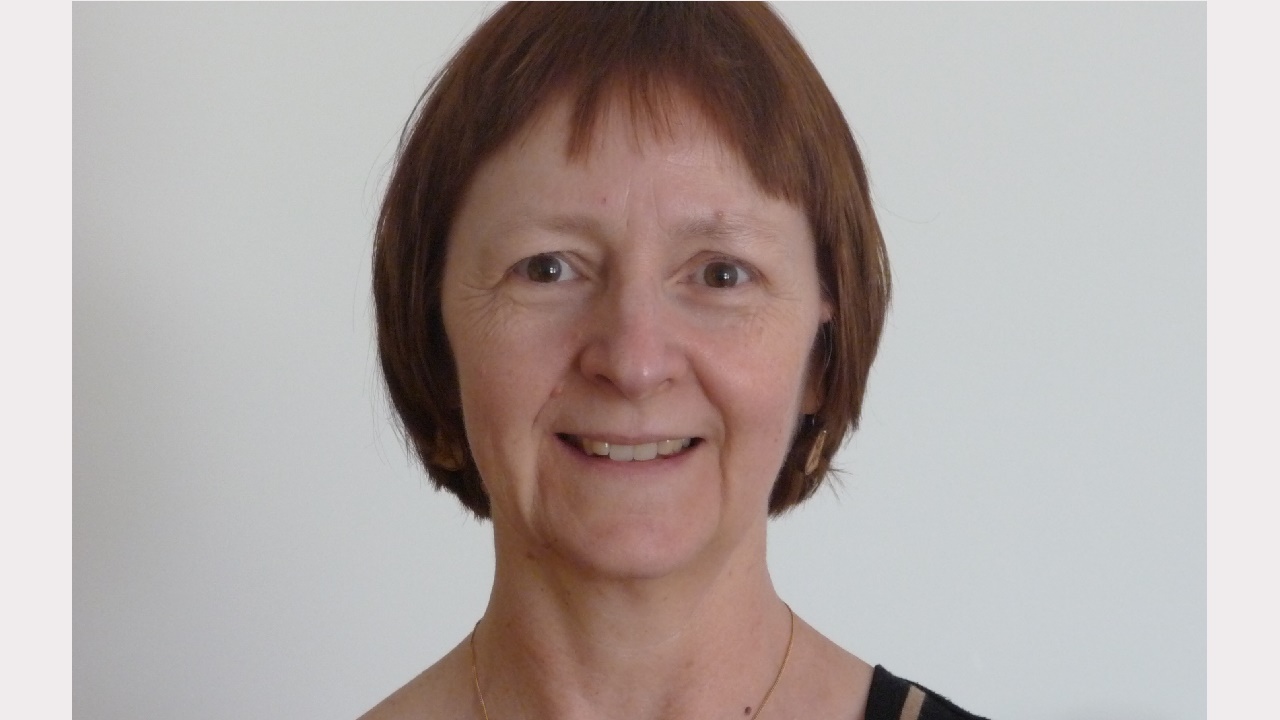Going in peace: does every old person need intervention?
Going in peace: does every old person need intervention?
by Dr Meryl Broughton
Thursday, May 18, 2017
Dr Meryl Broughton is a general practitioner from Albany, WA.
It was his 90th birthday and a celebration had been planned in the clubhouse of the retirement village. He was still living independently since his wife had died. Being an organised man, he got ready early. Too early. He fell asleep sitting in his expansive armchair while waiting for the right time to leave his unit and attend his party.
He slept on as the gathering got into the swing of things. But where was the birthday boy? Someone went to fetch him. Because he was old and didn’t look too flash seemingly unconscious, an ambulance was called.
Despite the patient’s protestations, he was carted off to the local hospital’s emergency department. He was old and full of chronic diseases with a complex past medical history. They wanted to keep him in hospital, do lots of tests. He protested. They didn’t listen.
Eventually, when he had gathered enough strength of resolve to resist the unwanted ministrations of the medical facility, he left the hospital.
Alas, by the time the taxi delivered him back to the retirement village clubhouse, the party was all packed up. There wasn’t even any birthday cake left.
A similar thing happened to my grandfather as he approached his 100th birthday. Sitting down for a rest between “ends” at the bowling green where he was playing, he took a nap. Alarmed observers called an ambulance.
This is how a few elderly people end up in emergency departments, consuming medical resources that they don’t really need or want. Many of these generally able-bodied senior folk would be quite happy to just pass away where they sat resting, if it turned out to be their time to depart this mortal coil, rather than be resuscitated.
I suppose the trouble is that an untrained bystander won’t know if leaving-be an apparently unconscious old person is the right course of action. And a trained paramedic or ambulance service doesn’t want to be sued for letting a patient die on the spot after a call-out.
But most people don’t want to die in hospital either. What can be done?
In an ideal world there would be an angel close by every person nearing the end of life, who could comfort the departing and reassure the onlookers that everything is all right. Let nature take its course in peace.
Dr Broughton's blog is reproduced with permission from Medical Observer, a newspaper for general practitioners published by the Australian Doctor Group.
